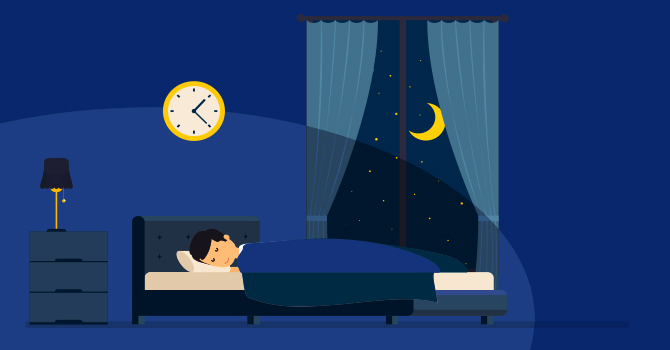- Empty cart.
- Continue Shopping
The Risks of Using Over-the-Counter Sleep Aids

In today’s fast-paced world, getting a good night’s sleep can be a challenge for many individuals. This has led to an increasing reliance on over-the-counter (OTC) sleep aids as a quick solution. While these products may offer temporary relief, it’s important to be aware of the potential risks associated with their use.
Understanding Over-the-Counter Sleep Aids
Types of OTC Sleep Aids
There are several types of OTC sleep aids available, each with its own set of active ingredients and mechanisms of action:
- Antihistamines: Commonly found in allergy medications, antihistamines like diphenhydramine are used for their sedative effects.
- Melatonin Supplements: Melatonin is a hormone that regulates sleep-wake cycles. OTC supplements provide an extra dose, but their efficacy varies.
- Herbal Supplements: Ingredients like valerian root, chamomile, and lavender are marketed for their calming properties, but their effectiveness is not well-established.
- Diphenhydramine: Often used as a sleep aid, this antihistamine can lead to drowsiness, but it may also cause next-day grogginess.
Risks and Side Effects
Daytime Drowsiness and Impaired Functioning
One of the most common side effects of OTC sleep aids is daytime drowsiness. This can impair cognitive function, reaction times, and overall performance, potentially leading to accidents or decreased productivity.
Tolerance and Dependence
Regular use of OTC sleep aids can lead to tolerance, meaning that over time, higher doses may be needed to achieve the same sedative effect. This can result in dependence, where individuals find it difficult to fall asleep without the aid of these substances.
Interactions with Other Medications
OTC sleep aids can interact with other medications, both prescription and OTC. This can lead to unintended side effects or reduced efficacy of either the sleep aid or the other medications being taken.
Potential for Allergic Reactions
Some individuals may be allergic to the active ingredients in OTC sleep aids. Allergic reactions can range from mild, such as skin rashes, to severe, requiring immediate medical attention.
Safer Alternatives for Better Sleep
Establish a Bedtime Routine
Creating a consistent bedtime routine signals to your body that it’s time to wind down. Activities like reading, gentle stretching, or practicing relaxation techniques can prepare your mind and body for sleep.
Maintain a Comfortable Sleep Environment
Ensure that your bedroom is conducive to sleep. This includes a comfortable mattress and pillows, adequate room temperature, and minimal noise and light disturbances.
Limit Stimulants and Screen Time
Avoid caffeine and nicotine in the hours leading up to bedtime. Additionally, limit screen time from electronic devices, as the blue light emitted can interfere with the production of the sleep hormone melatonin.
Consider Cognitive Behavioral Therapy for Insomnia (CBT-I)
CBT-I is a proven, non-pharmacological approach to improving sleep quality. It addresses the underlying thoughts and behaviors that may contribute to insomnia.
Conclusion
While OTC sleep aids may provide temporary relief from sleep difficulties, they come with potential risks and side effects that should not be overlooked. Exploring safer alternatives and making lifestyle adjustments can lead to more sustainable and healthy sleep patterns. If sleep troubles persist, consulting a healthcare professional for personalized guidance and support is always recommended. Remember, prioritizing natural and sustainable sleep practices is essential for overall well-being.








